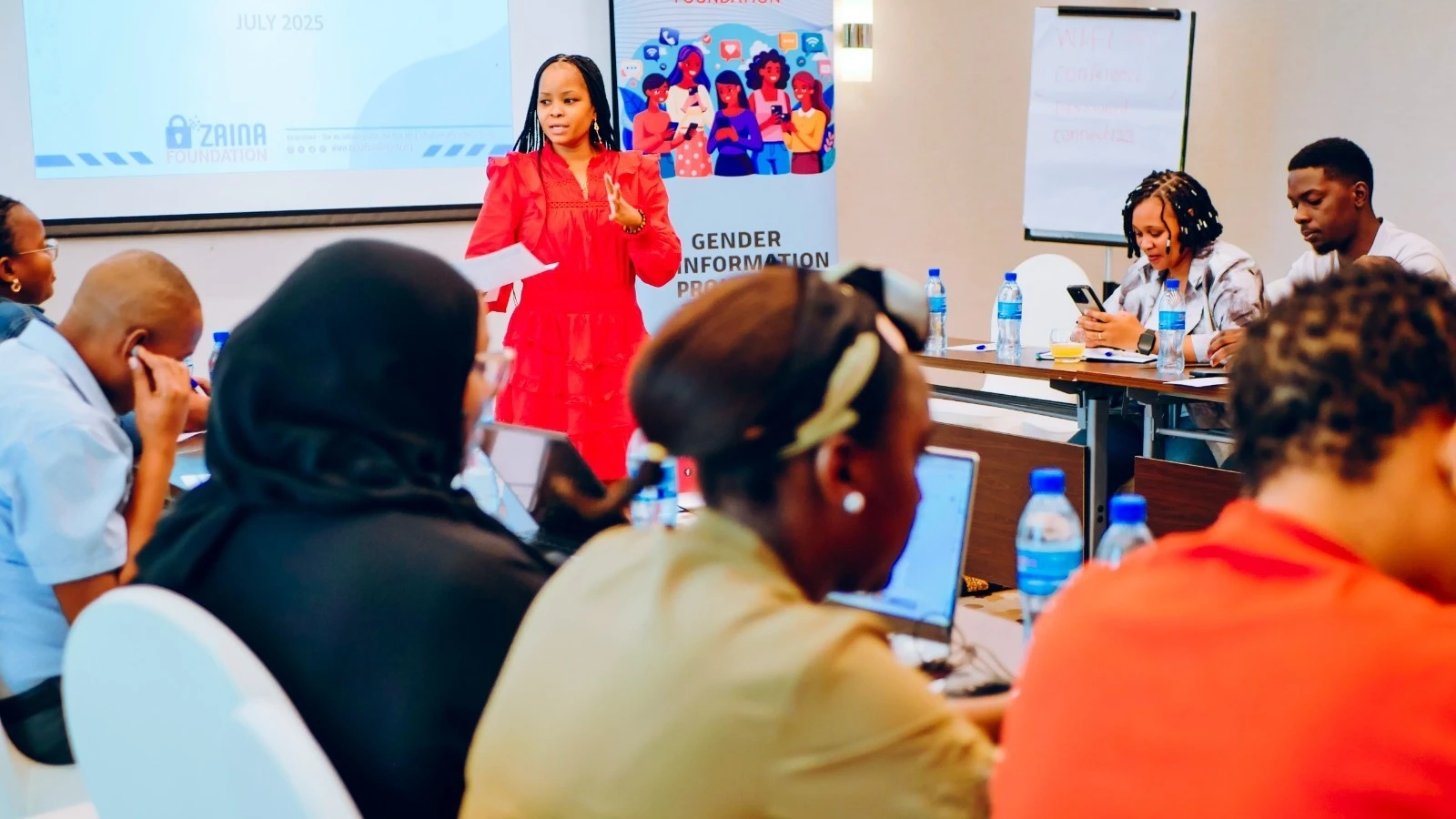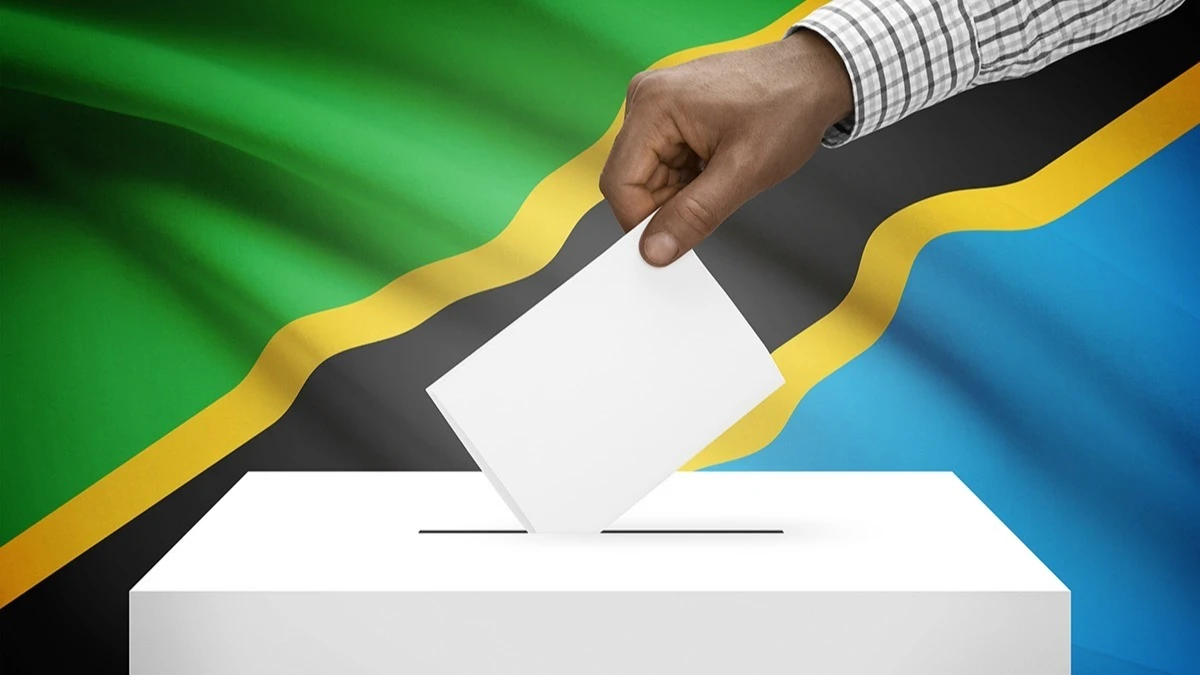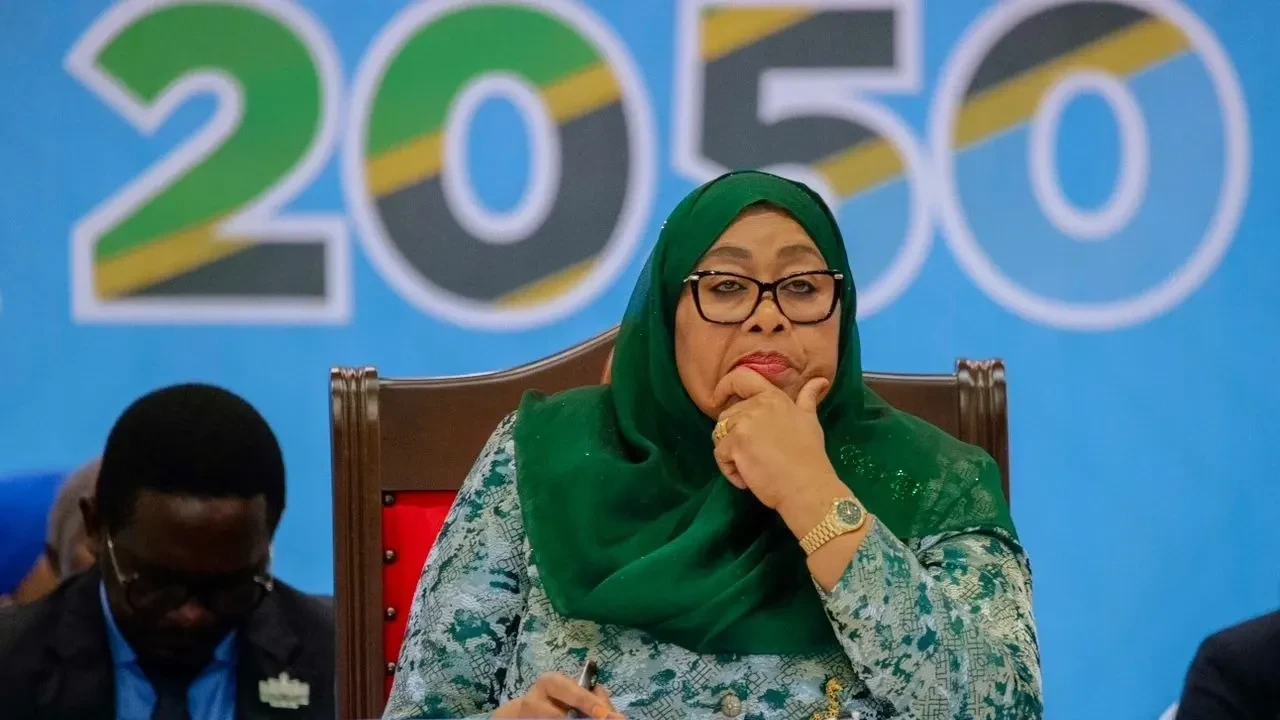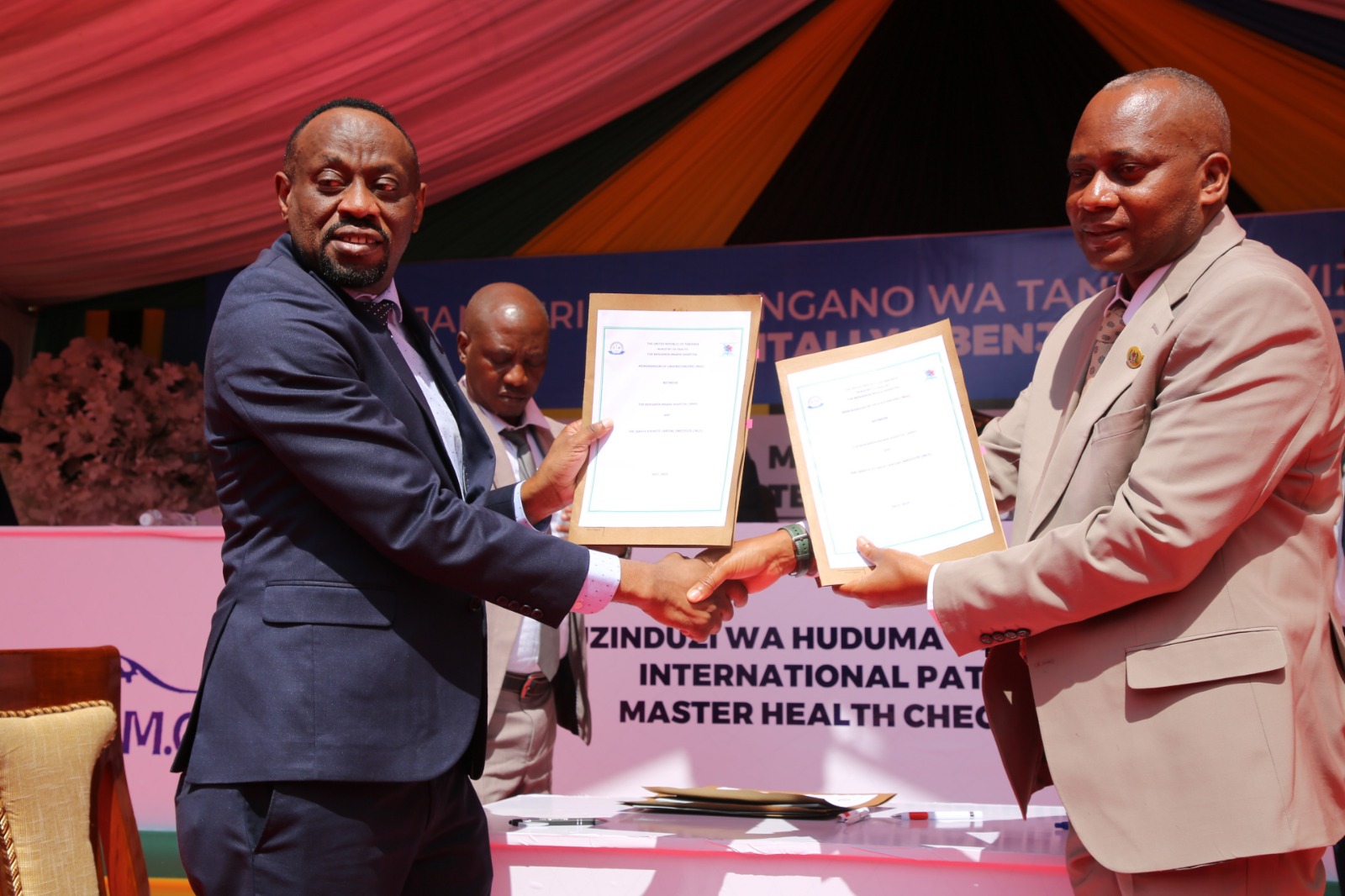World Bank: Africa in 2024 stagnated in policy progress

THE World Bank has sounded the alarm in its newly released country policy and institutional assessment (CPIA) report for Sub-Saharan Africa, warning that stagnant policy progress is failing to translate into better lives for citizens.
Andrew Dabalen, the bank’s chief economist for Africa, said in an executive summary that despite average scores remaining unchanged in 2024, governments need to take swift action to strengthen the delivery of essential public services as a foundation for inclusive and sustainable growth.
The 2024 CPIA report evaluates policy and institutional reforms among eligible countries across the region, assisted by the International Development Association (IDA), the soft loan window of the World Bank Group-.
The average CPIA score held steady at 3.1 out of 6, the same as in 2023, with some countries seeing notable reform gains, especially in fiscal policy, but these gains were offset by poor governance and uneven progress concentrated in already well-performing nations, the report affirmed.
“The needs of African citizens are rising but governments face shrinking external financing,” he said, underlining that confidence in government ability to efficiently transform public resources into essential services “is fundamental to fostering a shared purpose with citizens and improving trust.”
The report comes in the wake of a year of mounting public discontent, as in 2024 youth-led protests erupted across several countries, and political support for incumbent leaders sharply declined.
“These developments reflect growing frustration with weak service delivery and widening inequality,” the top analyst asserted, pointing at surveys across the region showing increasing dissatisfaction with the quality of public services, particularly in areas such as infrastructure, healthcare, education and administrative efficiency.
This disconnect between public expectations and actual service delivery could undermine stability and long-term growth, the report cautions, asserting that infrastructure remains severely underdeveloped, limiting transport access and sanitation.
“These deficiencies are stifling economic activity and undermining public health outcomes,” the report states, noting that education and healthcare systems suffer from underfunding and poor quality, “constraining the development of human capital and restricting upward mobility for millions.’
Security has deteriorated sharply, with conflict-related deaths nearly tripling between 2014 and 2024, as many governments struggle to provide even basic safety to their populations.
Administrative services also lag. Processes for business registration, access to financial services, and regulatory compliance remain inefficient, deterring private sector investment and job creation.
Despite these setbacks, there are signs of reform in some countries, with a number of governments improving fiscal discipline by cutting wage bills, phasing out fuel subsidies and pursuing debt consolidation strategies.
Trade facilitation measures and digital transformation initiatives are also gaining traction, with progress in gender-focused policy reforms widely applied. New legal protections for adolescent girls and strengthening of social protection systems aimed at supporting vulnerable populations, were widely initiated, it specified.
Nicholas Woolley, lead author of the CPIA report, asserted that while some countries have made commendable strides in fiscal prudence and digital transformation, issues of weak governance, limited transparency and insufficient implementation capacity undermine progress.
“Addressing these fundamental challenges is not just about economic growth; it’s about showing people that governments can work for them,” he declared, pointing out that the CPIA Africa report is intended to guide policymakers, donor agencies and investors.
It identifies concrete reform priorities needed to enhance public sector performance and build institutional resilience, he said, indicating that ultimately meeting citizens’ needs in the face of fiscal constraints will require more than technical fixes. It calls for bold leadership, greater transparency and a sharpened focus on results-driven service delivery, he emphasised.
“As the region grapples with rising expectations and constrained resources, renewed political will and institutional reforms are essential to building a more resilient, inclusive and prosperous Sub-Saharan Africa,” he added.
Top Headlines
© 2025 IPPMEDIA.COM. ALL RIGHTS RESERVED






















